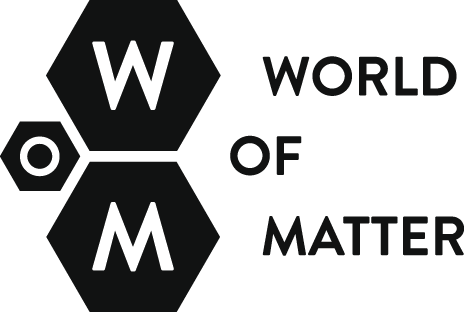Toshka Construction
Artist/Author: Ursula Biemann
Toshka is a New Nile Valley irrigation project of pharaonic scale on the Upper Nile. Organized through a system of canals, it aims at the reclamation of new desert land for the industrial agriculture of export crops, not the provision for already existing needs. Built in the late 1990s, this surface-consuming machine is driven by the Mubarak Pumping Station that gushes Nile water into a vast land depression reasonably assumed to be one of the driest places in the solar system. Sand is the only resource here no one will have to fear scarcity, there is plenty of in this geography. Nevertheless, human access to this deadly zone is strictly regulated due to the nearby Nubian Temple of Abu Simbel relocated here after being submerged by the artificial Lake Nasser, slowly filling by three years worth of Nile flow. The only way to get to Toshka is by joining a closed nocturnal convoy of vehicles leaving Aswan at 3 am. The ground out here does not conduct, regulate or incubate anything, it is basically sterile and rock hard. Proliferating hot and wet fields by spraying water onto desert sand only results in a major vaporization enterprise. In contrast to the conserving scheme of the dam, the pumps and conduits of Toshka evoke not a measured allocation but a carefree, if not wasteful, use of natural resources. The facility impressively narrates Hosni Mubarak’s neoliberal governance bound to the privatization of public land and water, in view of handing them to foreign princes and other murky semiprivate operators embedded within the state who notoriously bypass the tax bureau. This sinister plot could not but result in political pollution and the gradual but brutal erosion of the state’s macro-politics.
Insurgencies started in summer 2010, when farmers took to the streets in large numbers to protest against the lack of water for their land. Scarce irrigation had made vast surfaces of farmland around the country uncultivable. The exorbitant water demands of large agro-industries coinciding with rising temperatures had taken their toll on peasant farming. Egypt had dropped below the globally recognized “water poverty” line. The water-intensive export crops had dehydrated the Valley and triggered a food and water crisis, eventually leading up to the 2011 revolution. Frequent broadcasts about aggressive global land-grabbing schemes in nearby African states had helped shape public opinion on the issue of selling out public land. Aggravated by the domestic crisis, this prompted waves of protest among young Egyptians. Toskha was the first project to be scrutinized and reevaluated after the ousting of Mubarak, with the result that large chunks of land bought by Saudi billionaire Prince Alwaleed bin Talal at a ridiculously low price, had to be returned to the state.


